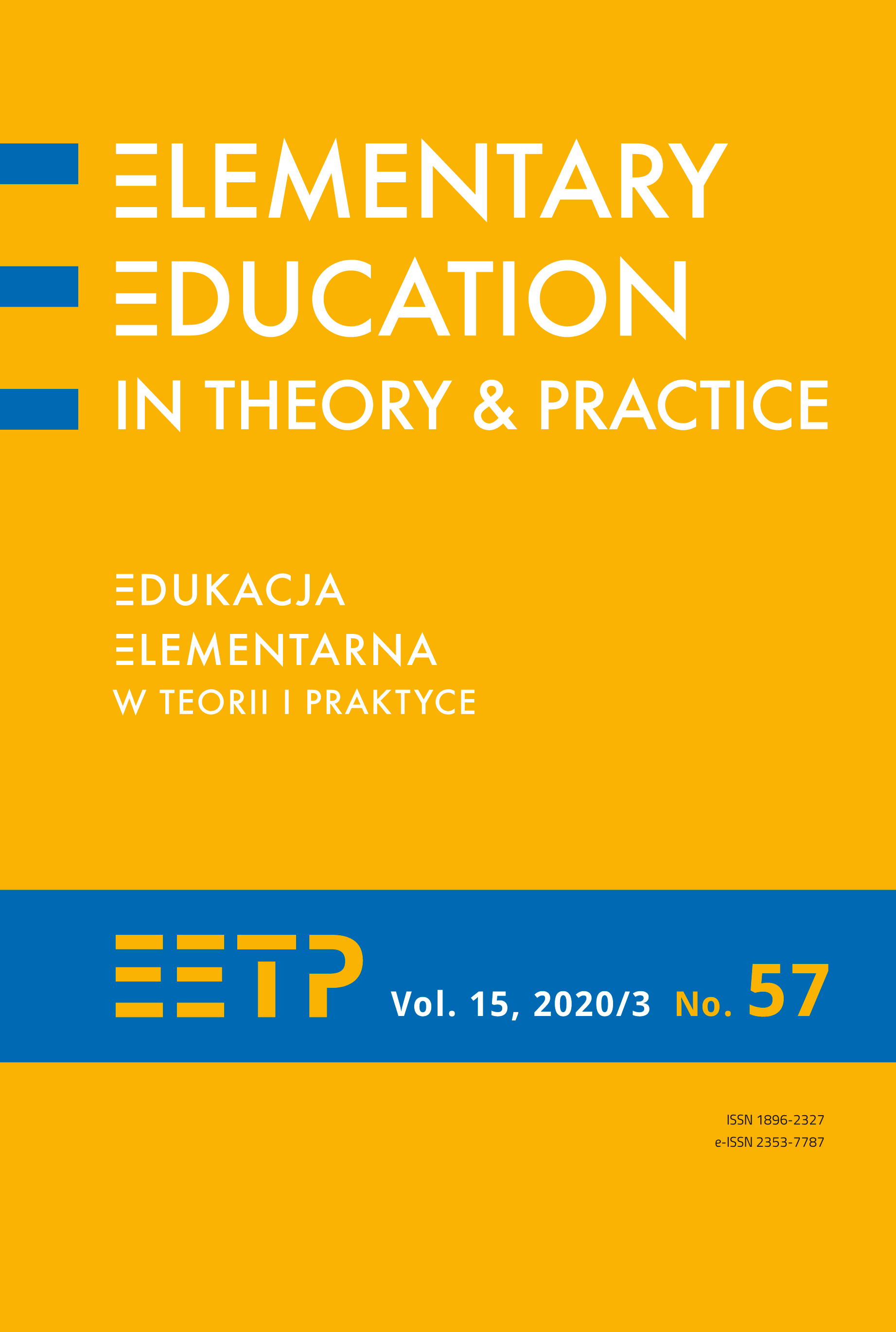Introduction
Abstract
Exclusion and inclusion in the culturally, economically, and politically deter- mined educational space are one aspect of social life and its many micro-, meso-, eco-, macro-, and chronosystems. This issue is often addressed from theoretical, cognitive, practical, and research angles, which is reflected in scholarly and popular-science pub- lications as well as literary fiction. It is not bound to any particular time or place and it is relevant at all stages of a person’s life, from conception to death. It can therefore be assumed that, to a greater or lesser extent, it governs the integral, holistic develop- ment of a human being, and, by the same token, the development of civilization. Moreover, one could argue that as the biological, psychological, social, cultural, and spiritual (religious) exclusion of the human being is more and more mitigated by his/ her participation in creating a living environment in the local, regional, national, and international spaces, we can observe an increasingly higher quality of the functioning of education systems. This is particularly a challenge for schools, which perform the basic functions—educational and preventative, didactic and protective—as defined by the educational law in Poland.
References
oo
Copyright (c) 2020 Elementary Education in Theory and Practice

This work is licensed under a Creative Commons Attribution-NoDerivatives 4.0 International License.
- When submitting a text, the author declares that he/she is the Author of the article (hereinafter referred to as the “Work”) and:
- he/she owns the exclusive and unlimited copyright to the Work,
- is entitled to dispose of the copyright to the Work.
Declares that it does not infringe any third party copyrights or legal rights.
Declares that there is no conflict of interest.
2. At the same time, the Author grants the Ignatianum University in Cracowa royalty-free, non-exclusive and territorially unlimited licence to use the Work in the following fields of exploitation:
- recording the Work in a hard copy, as well as on a digital or magnetic medium;
- reproduction of the Work using any technique, without limitation of the number of editions or copies;
- distribution of the Work and its copies on any medium, including marketing, sale, lending, and rental;
- introduction of the Work into a computer memory;
- disseminating the Work in information networks, including in the Internet;
- public performance, exhibition, display, reproduction, broadcasting and re-broadcasting, as well as making the Work available to the public in such a way that everyone can have access to it at a time and place of their own choosing;
- within the scope of dependent rights to the Work, including in particular the right to make necessary changes to the Work resulting from editorial and methodical development, as well as to translate the Work into foreign languages;
The licence is granted from the moment of the transfer of the Work to the Ignatianum University in Cracow. The Ignatianum University in Cracow is entitled to grant further sub-licences to the Work within the scope of the right granted. The licence is time-limited and it is granted for a period of 15 years, starting from the date of its granting.
Authors are permitted and encouraged to publish their text online (e.g. in their institution’s repository or on the institution’s website) before or during the submission process as this may lead to beneficial exchanges, as well as earlier and greater citation of the published text (See The Effect of Open Access). We recommend using any of the following portals of research associations:
- ResearchGate
- SSRN
- Academia.edu
- Selected Works
- Academic Search




